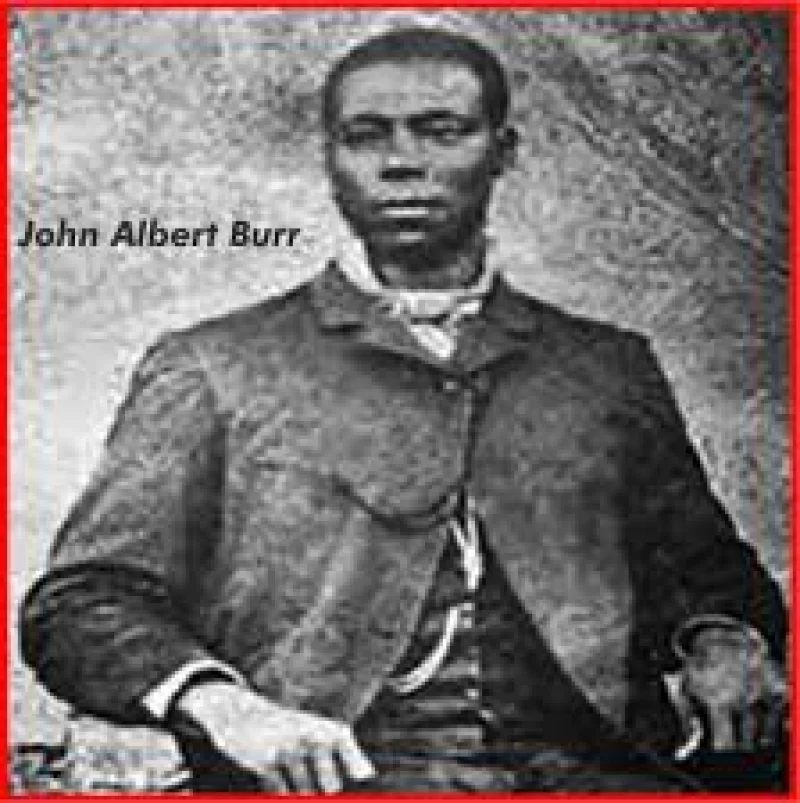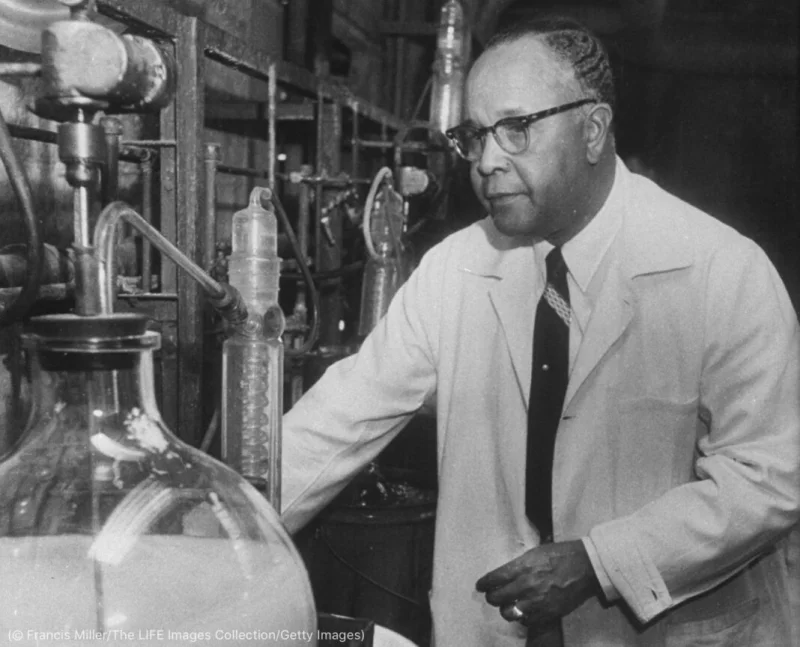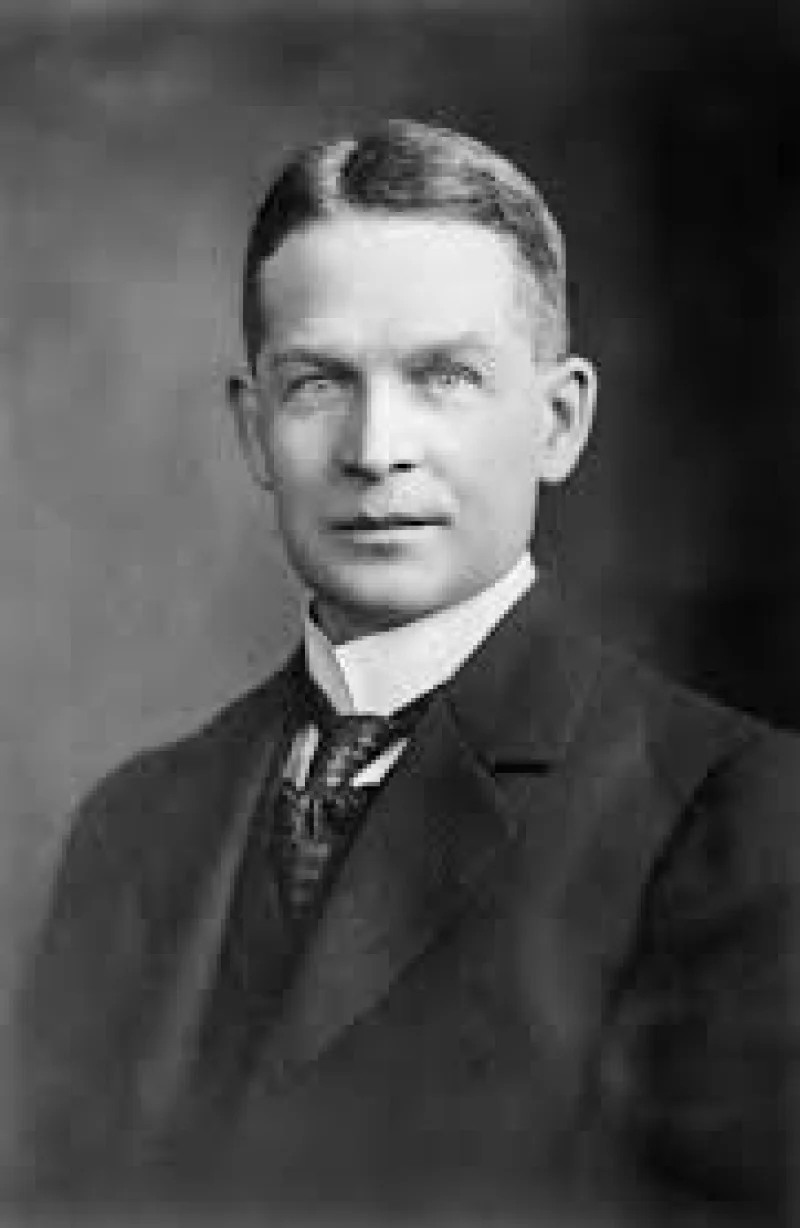Short Summary
George Beadle was a prominent American geneticist and Nobel laureate renowned for his groundbreaking work in the field of genetics. He is most famous for his "one gene-one enzyme" hypothesis, which laid the foundation for modern molecular biology. Beadle's pioneering research significantly advanced the understanding of gene function and its relation to biochemical processes. His contributions have left a lasting impact on genetics, influencing countless scientific developments in the field.
Early Life & Education
George Wells Beadle was born on October 22, 1903, on a farm in Wahoo, Nebraska. His early life was steeped in agriculture, which fostered an interest in biology and the natural sciences. Encouraged by his parents, Beadle pursued higher education at the University of Nebraska, where he earned his bachelor's degree in 1926 and his master's degree in 1927. Influenced by his professors, he moved to Cornell University for his Ph.D. studies, completing his doctorate in 1931. His experiences during these formative years shaped his scientific curiosity and set the stage for his future contributions to genetics.
Career Highlights
Beadle's career began with a focus on maize genetics at Cornell University, where he worked with Nobel laureate Rollins Emerson. He later joined the California Institute of Technology, collaborating with geneticist Thomas Hunt Morgan. At Caltech, he met Edward Tatum, and together they conducted seminal experiments on Neurospora crassa, leading to the formulation of the "one gene-one enzyme" hypothesis. He went on to serve as the chair of the Biology Division at Caltech and later as the President of the University of Chicago. Throughout his career, he made significant contributions to the understanding of genetic processes and their biochemical pathways.
Major Achievements
- Co-formulating the "one gene-one enzyme" hypothesis, revolutionizing the understanding of gene function.
- Awarded the Nobel Prize in Physiology or Medicine in 1958, alongside Edward Tatum and Joshua Lederberg, for their work on genetic regulation of biochemical events.
- Served as President of the University of Chicago, influencing educational and scientific policy.
Famous Quotes
- "Genes are the basic units of heredity and are responsible for guiding the process of cellular function."
- "The most worthwhile achievements are those that benefit humanity."
Interesting Facts
- Beadle's early interest in agriculture influenced his scientific career in genetics.
- He initially pursued a career in teaching before shifting his focus entirely to research.
- Beadle's work with Neurospora crassa was pivotal in establishing the field of molecular biology.
- During his presidency at the University of Chicago, he advocated for greater emphasis on science education.
Legacy / Influence
George Beadle's contributions to genetics have had a profound and lasting impact on the field of molecular biology. His "one gene-one enzyme" hypothesis provided a crucial framework for understanding gene function and its role in biochemical processes. This foundational work paved the way for future research in genetics, influencing the study of gene regulation, genetic mutations, and the development of biotechnology.
FAQ
Q: Why is George Beadle famous?
A: He is famous for his "one gene-one enzyme" hypothesis, which revolutionized genetics and molecular biology.
Q: What did George Beadle win the Nobel Prize for?
A: He won the Nobel Prize in Physiology or Medicine in 1958 for his work on the genetic regulation of biochemical events.
Q: Where did George Beadle conduct his groundbreaking research?
A: He conducted his research primarily at the California Institute of Technology.
Q: What organism did Beadle and Tatum use in their experiments?
A: They used the bread mold Neurospora crassa in their groundbreaking experiments.













